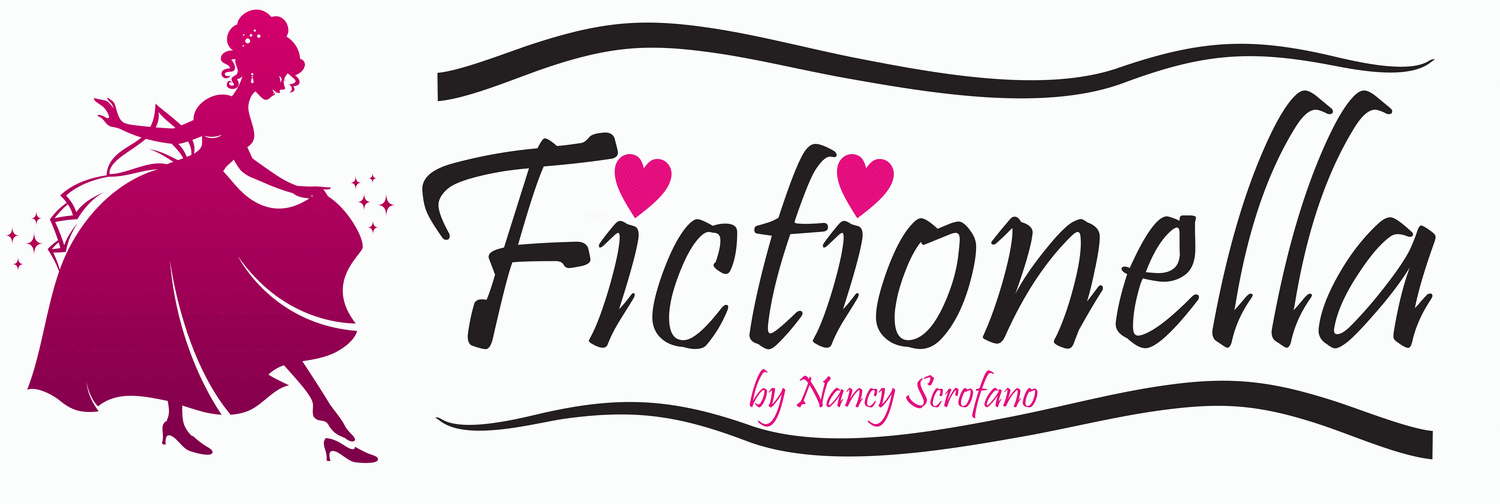 by Libby Mercer
by Libby Mercer
This is
not a list of my favorite female characters from classic literature, but rather
a list of fab characters who’d be right at home in a modern day chick lit
novel. Hence, the absence of Hester Prynne, Emma Bovary, Anna Karenina and
such. Even Jane Eyre, who is one of my all-time faves, didn’t make the cut,
because I don’t think she’d fly in today’s glossy fiction unless the author
gave her a personality makeover, and we couldn’t have that! Okay. With no
further ado, here’s my list in no particular order:
Countess
Ellen Olenska
Edith
Wharton’s delightful character, Ellen Olenska, was decades ahead of her time.
Strong-willed and free-spirited, she flees an abusive relationship and bucks
society norms left and right, happily hanging with folks from the lower classes
and treating everyone like equals. She’s got a strong moral code, too. Instead
of destroying her cousin’s marriage, she turns her back on true love.
Flora
Poste
Stella
Gibbons created a hilarious busybody in Flora Poste. Armed with her Bible (a
fictional book called The Higher Common
Sense), she sets out to straighten out the lives of the distant relatives
she’s gone to live with at the gloomy and isolated Cold Comfort Farm.
Naturally, she’s met with resistance from these relations who don’t know her
from Adam, but no-nonsense Flora cannot be deterred.
Becky
Sharp
Love her
or hate her, William Thackeray’s Becky Sharp is a magnetic character. Of course
everyone loves her at first – plucky little gal that she is, picking herself up
by her bootstraps and all. As the story unfolds, her climb up the social ladder
starts to seem like an unhealthy obsession, and some of her antics border on
the sadistic. Still, she’s a fascinating character to follow.
Scarlett
O’Hara
Like
Becky Sharp, Margaret Mitchell’s Scarlett O’Hara may rub some readers the wrong
way. She’s vain and selfish, and a bit ruthless at times. However, Scarlett’s
strong will and determination to save or to rebuild Tara no matter the cost is
admirable. And you have to admire her badassery. I found this great quote from
Roger Ebert: “…The difference between [Emma] Bovary and O’Hara is how they
react to misfortune… Emma kills herself, while Scarlett plants potatoes.” Love
it!
Elizabeth
Bennet
Jane
Austen’s universally loveable character is intelligent, sensible, and highly
principled. But lest it sounds like I’m describing a goody-goody, I must point
out that she’s also witty, charming and playful. She’s not without faults,
though. And thank goodness for that. Elizabeth’s own prejudices, coupled with her
tendency to make snap judgments and speak her mind before thinking things
through, nearly costs her the love of her life (you know who).
Jo March
Louisa
May Alcott’s Jo March is one of a kind. Outspoken, tomboyish, and a bit of a
rebel, she’s got an endearingly geeky quality that readers can’t help but love.
In recent years, I’ve learned that many critics question Jo’s gender identity
and sexuality. There is, in fact, some pretty strong evidence to suggest that Jo
is a lesbian and/or transgendered. Could Alcott have been the first author of
popular literary fiction to create such a revolutionary character? I have to
reread Little Women.
Helen
Schlegel
In a
way, E.M. Forster’s memorable character, Helen Schlegel, is a sort of
amalgamation of several characters I’ve just mentioned. Like Flora Poste, she’s
resolved to “fix” things for others. Like Scarlett O’Hara, she’s selfish and
narrow-sighted. And like Jo March, she rebels against society’s conventions.
Helen is a bit of a mess, no doubt, but her idealism and her passions are what
won me over. I just love those dramatic diatribes of hers when she goes on
about social injustices and the like.
And
there you have it. Seven chicks from classic lit who’d be right at home sipping
Manhattans in a pair of Choos – either plotting to fix your love life, making
plans to take over the company or
getting ready to throw off their clothes and run naked through the halls of
Congress.
--
NEW RELEASE: UNMASKING MAYA
 Fresh from a career-killing scandal, New York fashion girl, Maya Kirkwood, arrives in San Francisco to reinvent herself as a fine artist. She's offered the opportunity to create an installation at the Silicon Valley headquarters of a hot new tech company. Fabulous, right? Not so much. She can't stand Derek Whitley - wunderkind software genius and CEO of the company. Hot as he may be on the outside, inside the man is a cold, unemotional, robotic type. Way too left-brained for her right-brained self. As Maya and Derek get to know each other, however, their facades begin to crack. She catches her first glimpse of the man behind the superhuman tech prodigy, and he starts to see her as the woman she used to be. But is this a good thing? Once that last secret is revealed, will it bring them closer together or will it tear them apart?
Fresh from a career-killing scandal, New York fashion girl, Maya Kirkwood, arrives in San Francisco to reinvent herself as a fine artist. She's offered the opportunity to create an installation at the Silicon Valley headquarters of a hot new tech company. Fabulous, right? Not so much. She can't stand Derek Whitley - wunderkind software genius and CEO of the company. Hot as he may be on the outside, inside the man is a cold, unemotional, robotic type. Way too left-brained for her right-brained self. As Maya and Derek get to know each other, however, their facades begin to crack. She catches her first glimpse of the man behind the superhuman tech prodigy, and he starts to see her as the woman she used to be. But is this a good thing? Once that last secret is revealed, will it bring them closer together or will it tear them apart?

.png)

